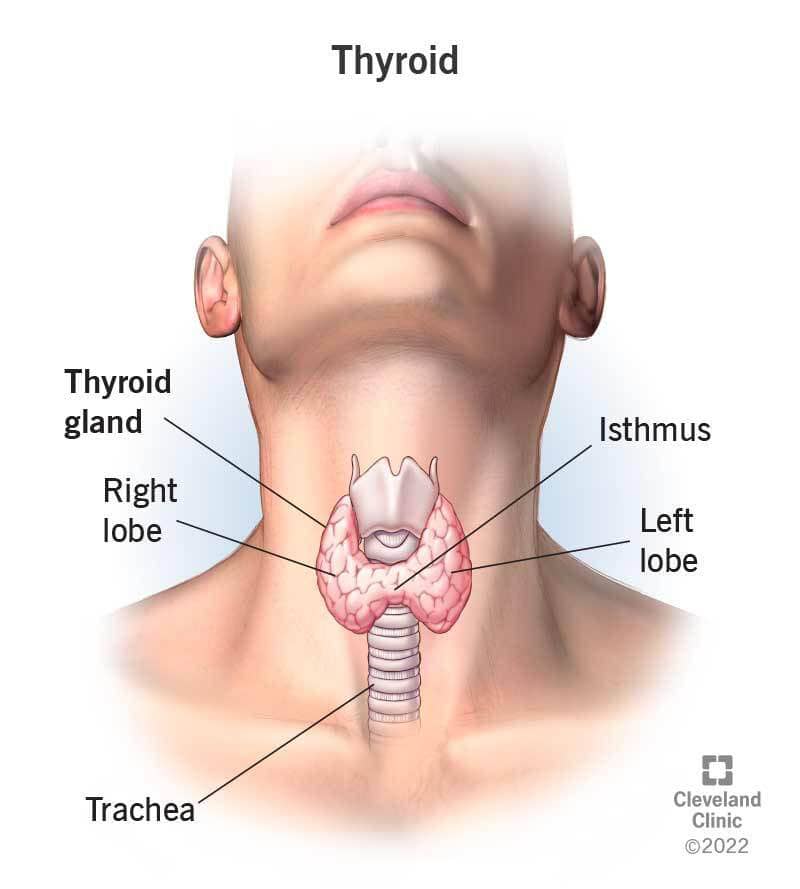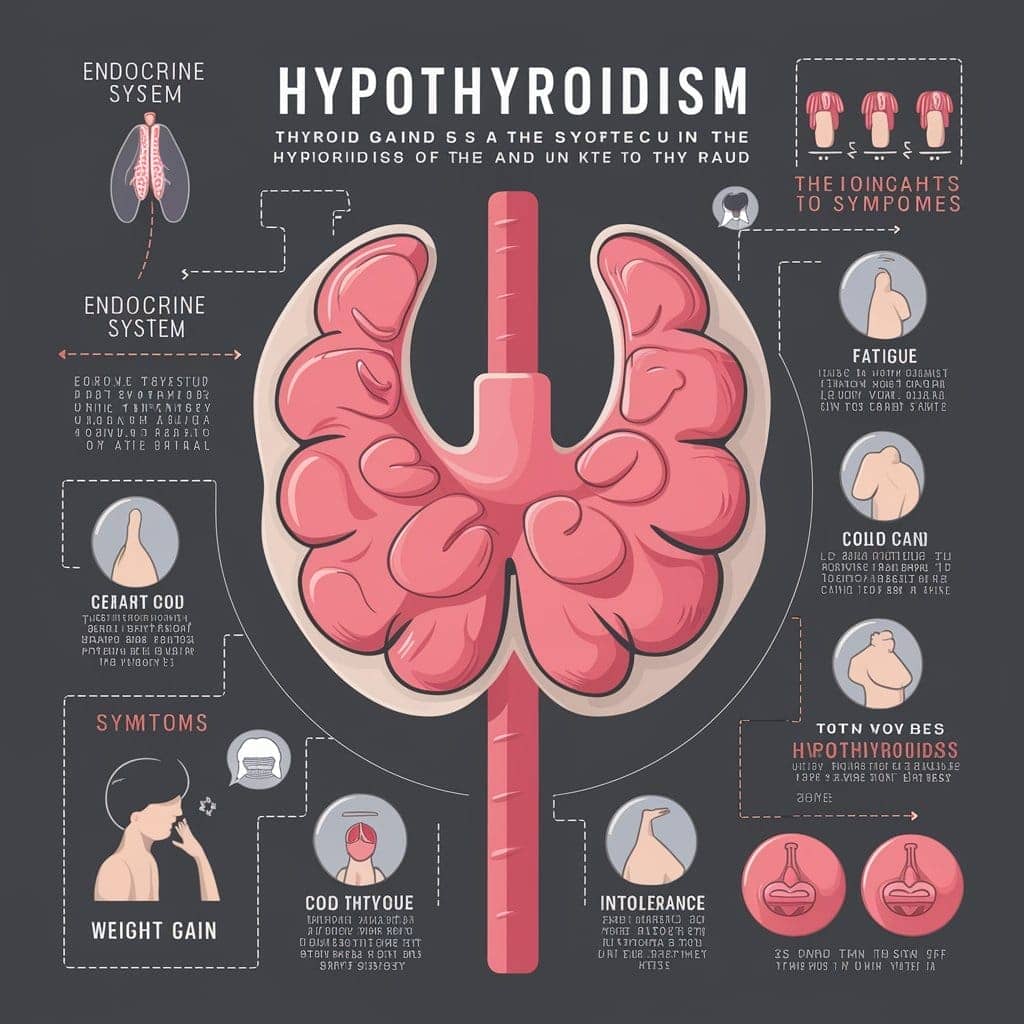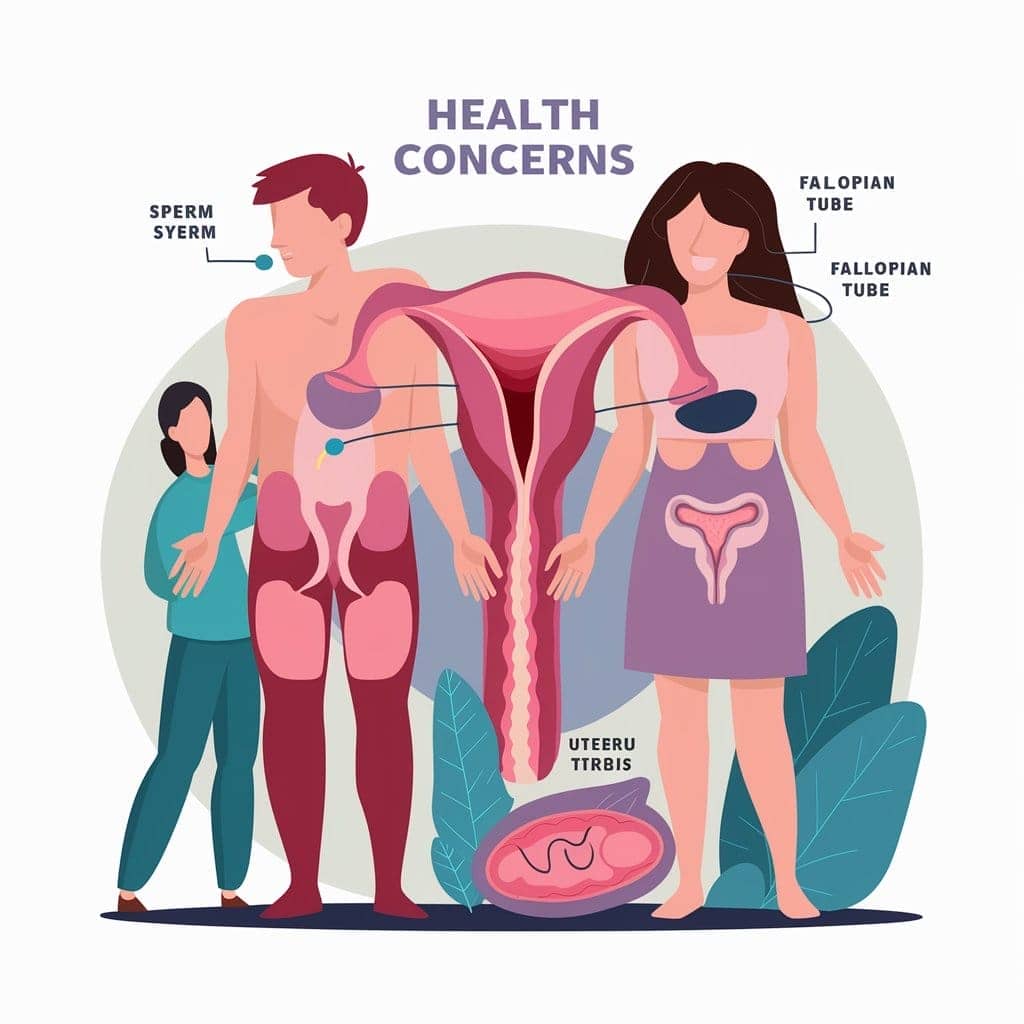The Thyroid Gland: A Comprehensive Guide to Anatomy and Physiology

The thyroid gland is a small, butterfly-shaped endocrine gland located in the neck, just below the larynx. It plays a vital role in regulating various physiological processes, including growth, development, and metabolism. In this article, we will delve into the anatomy and physiology of the thyroid gland, exploring its structure, functions, and the importance of its proper functioning.
Anatomy of the Thyroid Gland
The thyroid gland comprises two lobes joined by a narrow isthmus. It is located in the neck, in front of the trachea and larynx and is enclosed by a fibrous capsule. The gland is composed of follicles, small, spherical units filled with a colloid substance. The follicles are lined with epithelial cells called thyroid follicular cells, which produce the thyroid hormones.
The thyroid gland has a rich network of blood vessels, which include the superior and inferior thyroid arteries, originating from the external carotid artery and thyrocervical trunk, respectively. It also gets innervation from the sympathetic and parasympathetic nervous systems, which play an important role in the regulation of its functions.
Physiology of the Thyroid Gland
The thyroid gland produces two main hormones: triiodothyronine (T3) and thyroxine (T4). These hormones are synthesized from the amino acid tyrosine and are stored in the colloid substance within the follicles. The release of T3 and T4 is regulated by the pituitary gland, which produces thyroid-stimulating hormone (TSH).
Functions of Thyroid Hormones
Thyroid hormones play a crucial role in regulating various physiological processes, including:
- Metabolism: Thyroid hormones regulate the rate of metabolic reactions, influencing the breakdown of nutrients to produce energy.
- Growth and Development: Thyroid hormones are essential for growth and development, particularly during childhood and adolescence.
- Nervous System Function: Thyroid hormones regulate the synthesis of neurotransmitters, such as serotonin and dopamine, which are essential for mood regulation and cognitive function.
- Heart Rate and Blood Pressure: Thyroid hormones influence heart rate and blood pressure, helping to maintain cardiovascular health.
Regulation of Thyroid Hormone Production
The production of thyroid hormones is tightly regulated by a negative feedback loop involving the hypothalamic-pituitary-thyroid axis. Here’s how it works:
- The hypothalamus produces thyrotropin-releasing hormone (TRH), which stimulates the pituitary gland to release TSH.
- TSH stimulates the thyroid gland to produce T3 and T4.
- When T3 and T4 levels rise, they inhibit the production of TRH and TSH, thereby reducing thyroid hormone production.
Dysfunction of the Thyroid Gland
Dysfunction of the thyroid gland can lead to a range of disorders, including:
- Hypothyroidism: A condition characterized by underactive thyroid function, resulting in decreased T3 and T4 levels.
- Hyperthyroidism: A condition characterized by overactive thyroid function, resulting in increased T3 and T4 levels.
- Thyroid Nodules: Benign or malignant growths that can occur on the thyroid gland, potentially disrupting hormone production.
Are there any lifestyle factors that can affect the functioning of the thyroid gland?
Yes, there are several lifestyle factors that can affect the functioning of the thyroid gland. Here are some of the most significant ones:
- Diet: A diet that is deficient in iodine, selenium, and zinc can negatively impact thyroid function. Iodine is essential for the production of thyroid hormones, while selenium and zinc are important for the conversion of T4 to T3.
- Stress: Chronic stress can disrupt the hypothalamic-pituitary-thyroid axis, leading to changes in thyroid hormone production. Stress can also increase the production of cortisol, which can suppress thyroid function.
- Sleep: Poor sleep quality and duration can disrupt thyroid function, leading to changes in T3 and T4 levels. Aim for 7-9 hours of sleep per night to support thyroid health.
- Exercise: Regular exercise can improve thyroid function, but excessive exercise can have the opposite effect. Find a balance that works for you, and avoid overexertion.
- Environmental Toxins: Exposure to environmental toxins, such as pesticides, heavy metals, and industrial chemicals, can disrupt thyroid function. Reduce your exposure by using non-toxic household cleaners, choosing organic produce, and avoiding plastics.
- Smoking: Smoking can reduce thyroid function and increase the risk of thyroid disease. Quitting smoking can help to improve thyroid health.
- Alcohol Consumption: Excessive alcohol consumption can disrupt thyroid function and lead to changes in T3 and T4 levels. Moderate alcohol consumption (1-2 drinks per day) is generally considered safe.
- Caffeine: While caffeine consumed in moderation—about 1-2 cups a day—is considered safe, excessive intake can interfere with thyroid function and cause changes in T3 and T4 levels.
- Soy Consumption: Soy is a thyroid inhibitor, and excessive consumption can lead to changes in thyroid hormone production. Moderate soy consumption (1-2 servings per day) is generally considered safe.
- Menstrual Cycle: Hormonal fluctuations during the menstrual cycle can affect thyroid function. Women may experience changes in thyroid hormone levels during the menstrual cycle, particularly during the premenstrual phase.
- Pregnancy: Hormonal changes during pregnancy can affect thyroid function, and some women may experience changes in thyroid hormone levels during this time.
- Medications: Certain medications, such as lithium, can affect thyroid function. If you’re taking medications, talk to your doctor about potential thyroid-related side effects.
Conclusion
In conclusion, the thyroid gland is a vital organ that plays a crucial role in regulating various physiological processes. Its proper functioning is essential for maintaining overall health and well-being. Understanding the anatomy and physiology of the thyroid gland is essential for diagnosing and managing thyroid-related disorders.




